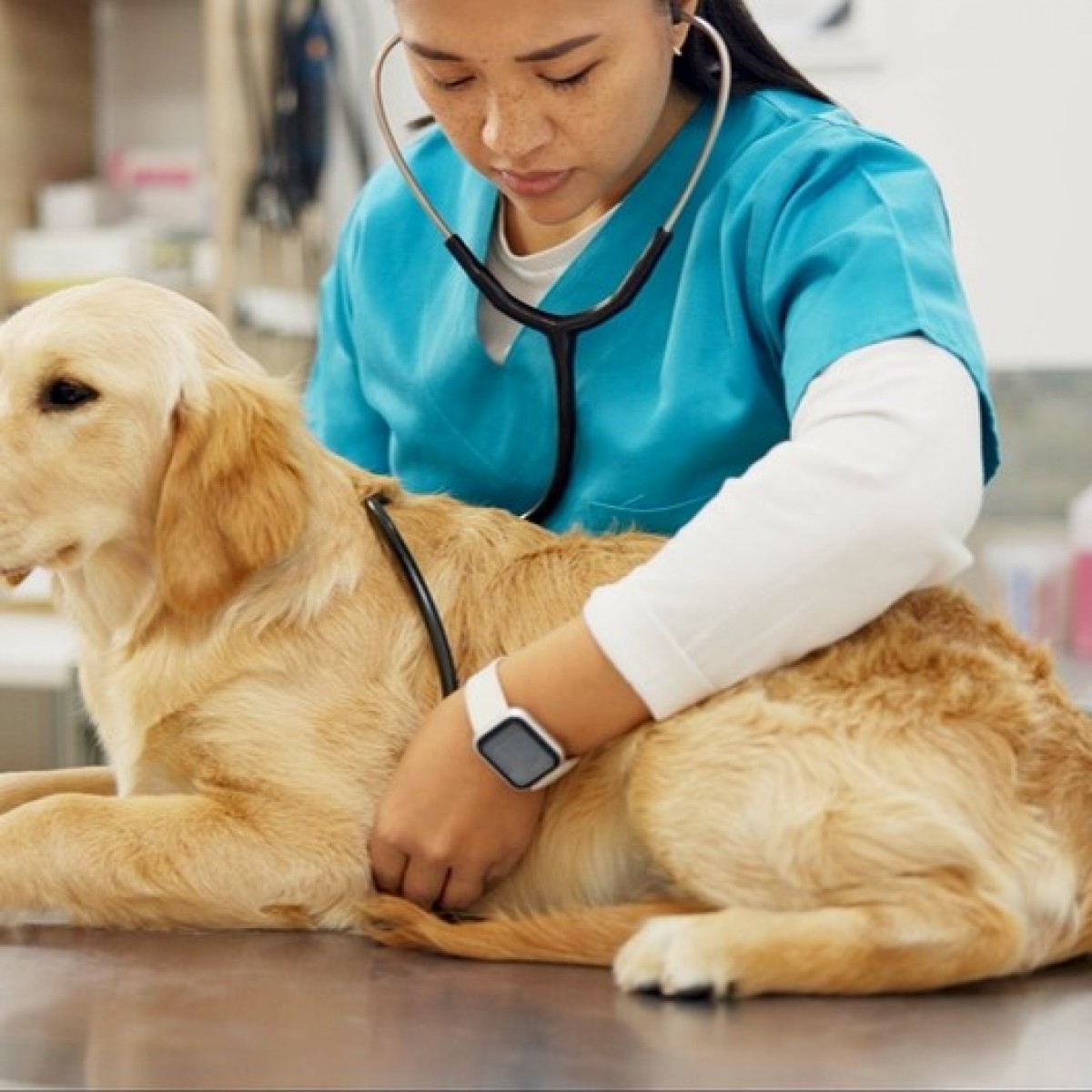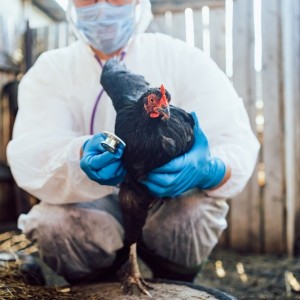National Pet Cancer Awareness Month: A look at clinical trials
by Mary Guiden
November is National Pet Cancer Awareness Month, a time to educate friends and neighbors about how common it is for our furry companions to battle the disease.
According to the American Veterinary Medical Association (AVMA), approximately one in four dogs will, at some stage in their life, develop an uncontrolled, abnormal growth of cells or tissues in the body, also known as neoplasia.
Almost half of dogs over the age of 10 will develop cancer, a figure that is roughly the same rate as humans. The AVMA said that while there is less information about the rate of cancer in cats, some cancers, such as lymphoma, are more common in cats than in dogs.
Veterinary medical centers are seeking patients for clinical trials: Visit the top veterinary oncology centers at U.S. universities to learn more about their efforts. Similar to how human clinical trials work, pet owners may receive discounted or free treatment if their companion animal is enrolled in a study.
A few current clinical trials include:
- The Ohio State University (OSU) Veterinary Medical Center is evaluating a new imaging method to detect cancer cells left behind following removal of injection-site sarcomas and mammary tumors in cats undergoing surgery.
- OSU veterinary oncologists are also assessing whether a new type of imaging technology — polarization-sensitive optical coherence tomography — could help improve the accuracy to detect residual cancer in dogs following mammary cancer removal.
- The Cummings School of Veterinary Medicine at Tufts University is evaluating the safety and effectiveness of a new treatment (Verdinexor) for lymphoma in dogs.
- Tufts University veterinarians are also studying whether a drug called Ladarixin, when given orally to dogs with cancer that are receiving chemotherapy, can help decrease the side effects associated with that treatment.
Veterinarians and veterinary researchers are also collaborating with physicians who treat human cancer to learn from each other and create innovative approaches.
Colorado State University is collaborating in a clinical trial with Children’s Hospital Colorado and Children’s Healthcare of Atlanta, according to a university news story. The research team is performing immune analyses of patient samples from the children’s cancer trial, an almost exact replica of a canine osteosarcoma trial conducted at CSU’s Flint Animal Cancer Center.
The National Cancer’s Institute’s Center for Cancer Research also maintains a Comparative Oncology Program. Learn more about its research efforts, clinical trials and published studies on the NCI’s site.














List
Add
Please enter a comment